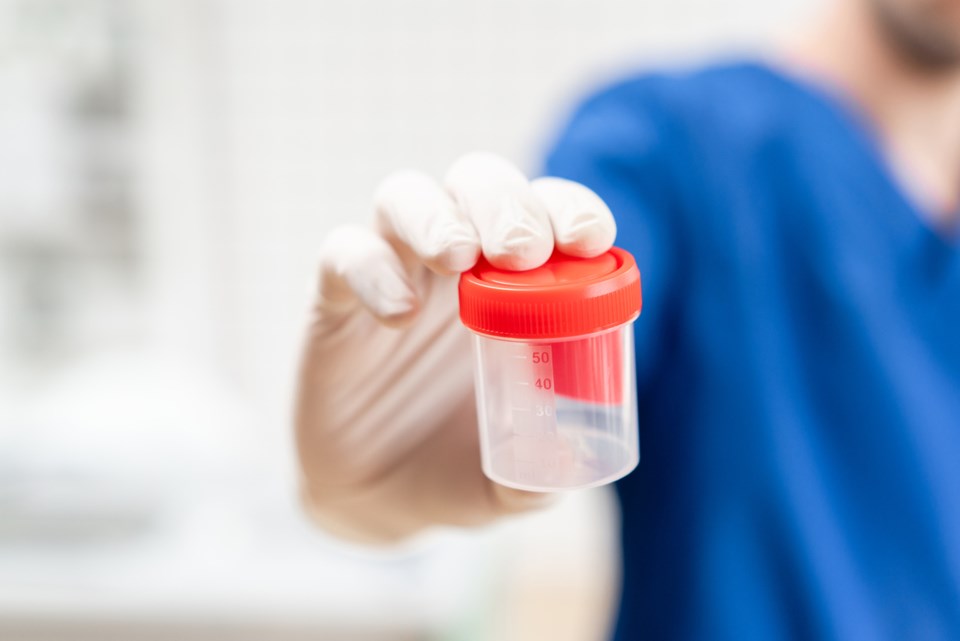When assessing male fertility, the cornerstone of diagnostic testing is semen analysis – a test that provides valuable insights into male reproductive health.
While it may seem like a daunting topic, understanding the influences and the limitations is crucial to ensure the results are easily understood and properly interpreted, including the fact that many men with “abnormal” parameters can still father children without difficulty.
The history of semen analysis
In 1980, the WHO published the first edition of the Laboratory Manual for the Examination and Processing of Human Semen to establish international standards, most recently updated in the sixth edition in 2021 to reflect the latest research.
What do all the numbers mean?
There are numerous parameters examined in the semen analysis, but “the Big 3” are as follows:
- Concentration: This refers to the number of sperm present in one millilitre of semen. A healthy sperm concentration can vary widely from 15 million to 200 million sperm per millilitre.
- Motility: This term refers to the proportion of swimmers. In a healthy semen sample, at least 40% of sperm should be motile, with at least 32% progressive motility (not just twitching).
- Morphology: Sometimes noted as “normal forms,” assesses the percentage of normally shaped sperm, with a normal range of 4% or more. Morphology has garnered controversy due to its poor predictive value when used in isolation.
What about semen volume?

Men seem most concerned about what they often perceive as low volume. While volume is an important clue to possible anatomic obstructions, these problems will also typically be revealed by the other parameters.
For most, when the semen volume is flagged as low, it likely means they just did not collect the entire specimen (i.e., you missed the cup!).
Fluctuation is normal
Numerous factors can affect the semen analysis parameters on any given day. A second test is usually warranted 2-3 months later, especially if any parameters appear abnormal.
Lifestyle factors can affect semen analysis results, most of which can be deduced by common sense: excessive alcohol, drugs, and heat.
Whatever you do, don’t use anabolic steroids!
How long should I abstain?
Intuitive as it may seem to abstain for longer, prolonged abstinence is counterproductive.
Concentration might appear greater, but motility will be impaired. Abstain no more than 2-3 days before the semen analysis is performed.
Use a reliable lab
One very important and often overlooked parameter in semen analysis is the processing time. This is a tell-tale sign of a reliable diagnostic lab. Semen analysis should be performed from 30-60 minutes from ejaculation. Undue delay can cause significant artefacts and misinformed interpretations.
Semen analysis is a crucial tool for evaluating male fertility, with the area experiencing promising advancements leveraging AI and genomics that will hopefully improve more personalized solutions for male factor infertility.
However, while semen analysis is the indispensable first step, an evaluation by a fertility specialist is critical to provide guidance on further testing and treatment options.
Remember that, for most people who have difficulty conceiving, advances in medical treatment have made it possible for them to have a baby. In B.C., your consultations with a fertility specialist, as well as initial investigations for infertility, are covered by MSP with a referral from a family doctor.
Olive Fertility Centre is one of Canada’s leading IVF and prenatal diagnosis centres, with clinics in Vancouver, Surrey, Kelowna, and Victoria, offering inclusive fertility care for those with primary or secondary infertility, LGBTQ2SIA+ persons, donor sperm, eggs or surrogacy needs, egg freezing, and beyond.
Same Day Virtual Referral
Olive Fertility offers patients the option to book a same-day, no-fee, virtual referral appointment. The referral will be automatically sent to Olive Fertility, and a member of the intake team will contact you shortly thereafter to book your fertility appointment.



